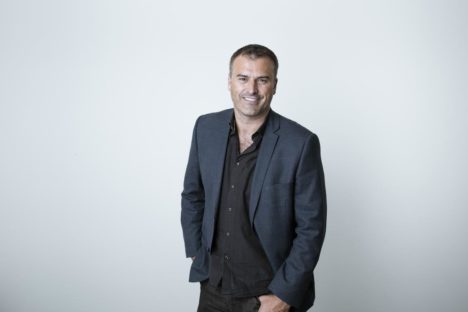Lessons every company needs to learn from the mishandling of the Dreamworld tragedy
The communications around the tragic deaths of four people at Dreamworld last week has been described as the ‘PR fail of the year’. James Wright looks at what every brand can learn from it.
Over the Easter break this year we took a family holiday to the Gold Coast visiting a number of the theme parks with a couple of very excited young children. Like thousands of families we had a lot of fun.
Whilst we didn’t visit Dreamworld, the saddening events of this past week felt all too real and scary, and my thoughts and prayers are with the families and friends of this terrible accident.



Don’t you think it’s a little early to be ‘taking away’ communications lessons from this tragedy? Their bodies haven’t even been buried yet.
And what can we learn from a PR firm seen to ‘jumping on’ a disaster to gain some publicity, or may it be called ‘thought leadership’?
Great article.
Anna no I don’t think it’s too early to be making an assessment even though there is a lot more of the story to play out. As James says, their immediate response in the day and days following was very telling.
I also thought it was very interesting that the Qld Premier (with unpronounceable surname) on an interview with Ch9 the next morning gave the impression that she was most concerned about damage to the Qld tourism brand than anything else. It also came across as a bit callous and insensitive.
Part of the issue here, I suspect, is the struggle between what the PR and comms folks want to say and what the legal teams will sanction as they look to risk mitigate the situation. This certainly doesn’t excuse some of the mis-steps taken by Ardent and Dreamworld but the insensitive, un-human like language used would most certainly be a result of legal stepping in and saying point blank ‘we can’t say this for legal reasons.’ PR/comms and legal need to learn how to work together better in crisis situations and generally…
Also, they spoke somewhat jubilantly about the wonderful memorial service they had had as a staff team, but ultimately the emotions/trauma of the staff are important for the employers to manage, but not to the public, who would be more concerned about the emotions/trauma of the family of the deceased.